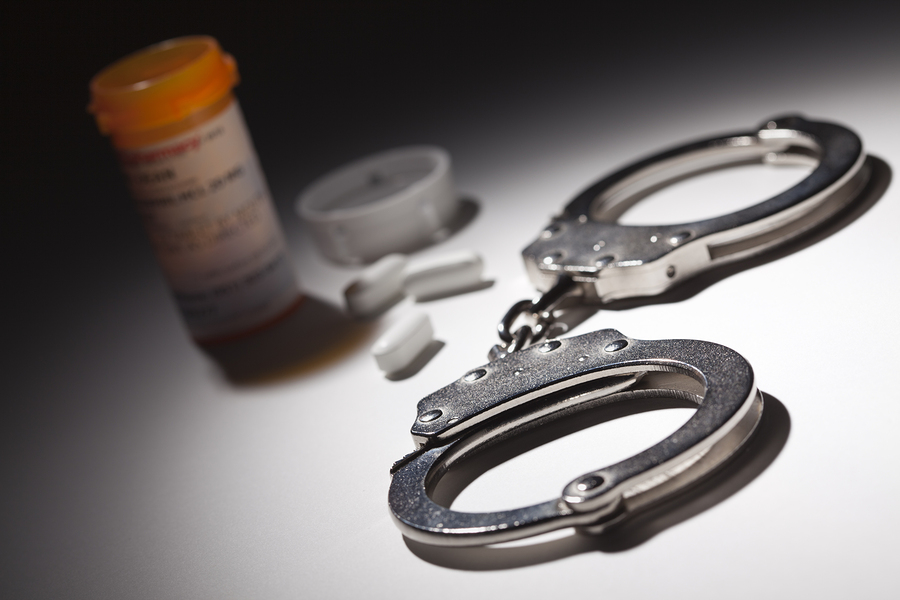
Do You Qualify for the Montgomery County Drug Court Program?
Many regions of Pennsylvania utilize a special drug court system which is different from the traditional criminal courts. By graduating from the Pennsylvania drug court programs, certain offenders can have their charges reduced or dismissed, seal their records, and even avoid going to jail. In the past, our blog has covered the drug court programs for Chester and Bucks County. In this entry, our Montgomery County criminal defense lawyers will go over the rules and requirements for Montgomery County’s drug court program. Do you qualify?
Who is Eligible to Participate? What Are the Drug Program’s Benefits?
Certain offenses are automatically excluded from participation. Ineligible drug offenses include:
- Drug sales
- Drug possession with intent to deliver
- Manufacture of a controlled substance
You will also be ineligible to participate if your offense involved simple or aggravated assault, weapons crimes, or sex crimes.
Provided your offense is not ineligible, you may be able to qualify as long as you are a Montgomery County resident with a substance addiction (including alcohol). However, the exact qualification process differs depending on the way you are referred to the program. Eligible offenders can be referred to the program through the following four channels:
- Diversion Cases — These are brand new cases, which are referred to the program by the District Attorney. If the District Attorney’s representative says you are eligible, you will have to go through a three-step screening process before you are accepted. First, your motivations for wanting to join the program will be assessed. Then, you will undergo a substance abuse and behavioral assessment. The results of these two assessments will be reviewed by the program committee, which will decide whether you should be admitted. You do not have to enter a plea, but you must admit guilt in writing. Your charges may be dismissed once you graduate from the program.
- Recovery Cases — These are cases in which the offender is already on parole or probation. Screening procedures for recovery cases are similar to those for diversion cases, with the main difference being that the drug program coordinator will talk to your probation officer to get feedback about whether you would be a good candidate. Even if the program committee approves you for enrollment, you’ll still need permission from the parole or probation judge before you can join. If you complete the program successfully, including paying all your fines and fees, you may be released from supervision.
- Hybrid Cases — These are called hybrid cases because they blend diversion cases and recovery cases. In other words, hybrid cases apply to offenders who are already on probation or parole when they are arrested on new charges. Likewise, hybrid case admittance procedures follow the procedures for recovery and diversion cases.
- Restrictive Intermediate Punishment Cases — These are cases involving new charges for Level 3 offenders and Level 4 offenders. You may be eligible if you (1) have violated probation, (2) are statutorily eligible, and (3) have three years of sentence exposure. When you complete the program and pay all necessary fines, your can be released from supervision. However, you must pay all required fines before release is possible.
How to Apply for the Montgomery County Drug Court Program
If you meet the applicable eligibility requirements above, you may be a good candidate to join the program. But in order to be considered, you’ll need to submit an application. The official Montgomery County Treatment Court Application will ask you questions about the following categories:
- Your general contact information, such as your name, phone number and address.
- Your legal information, such as your case’s docket number, your assigned judge, and your probation or parole status.
- Information about your financial status, employment status, marital status, and medical history.
- Open-ended questions, including:
- What you think caused or led to your substance addiction.
- Where you imagine yourself without substance abuse in your life.
- Your reasons for applying to the drug program.
You may also have to confirm certain supervision plan requirements by checking them off as you complete them, such as:
- Not possessing alcohol or going to bars and pubs.
- Taking any medications which are prescribed.
- Gaining skills in job training programs.
- Paying your fees, such as restitution and court expenses.
When you graduate, you’ll have to take a quick program evaluation survey.
On a final note, it’s very important to point out that if you violate program requirements, you can be penalized or even ejected from the program. Violations include failing or tampering with a urine test, failing to appear at appointments with your probation officer, and failing to comply with treatment requirements. If you are removed from the program, you will lose all benefits associated with graduation and participation, and will be back to facing your original sentence. Penalties short of ejection from the program include:
- Increased frequency of urine testing.
- Being placed under house arrest.
- Having to perform community service.
If you’ve been charged with a drug crime in Montgomery County, the experienced Bucks County criminal defense attorneys of Young, Marr, Mallis & Associates can help. To start discussing your situation in a free and private case evaluation, call our law offices at (609) 755-3115 in New Jersey or (215) 701-6519 in Pennsylvania today.
Read more: Philadelphia crystal meth possession lawyer






